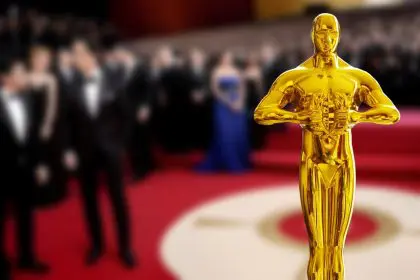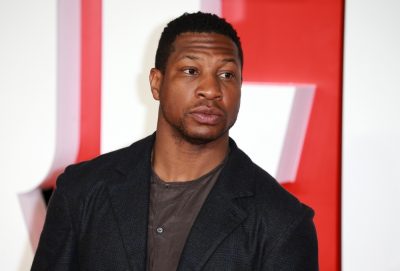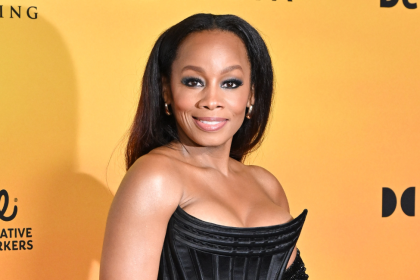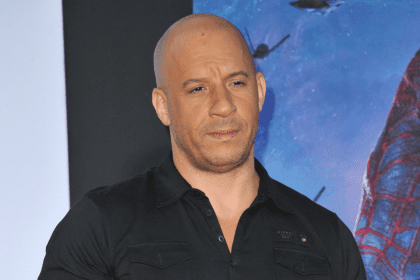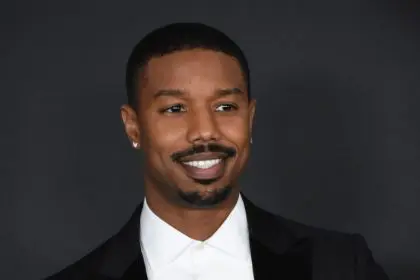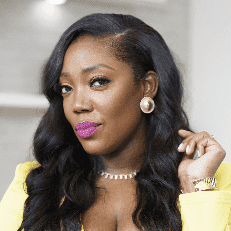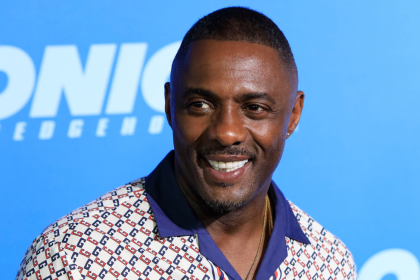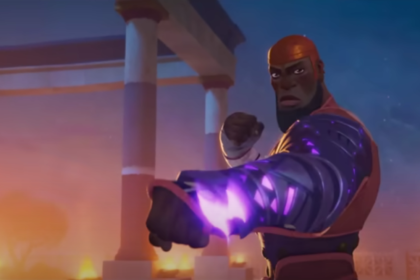
Disney is gearing up to release a masterfully animated remake of the The Jungle Book, an American classic by Rudyard Kipling that tells the tale of a young boy named Mowgli, who was abandoned in the jungle and raised by wolves. Throughout the story, Mowgli is confronted by danger on every front in trying to escape certain death by leaving his wolf family and returning back to his “man village.” He gets help from his friends along the way.
The incredible remake, which will be released nationwide on Friday, April 15, stars some of today’s most prominent award-winning actors, including Idris Elba as Shere Khan, Lupita Nyong’o as Raksha, and Giancarlo Esposito as Akela. Rolling out got a chance to catch up with two of the actors from the Visit Sitemovie, Lupita Nyong’o and Giancarlo Esposito, part of Mowgli’s wolf family, to discuss the film.
What a phenomenal film. First of all, I think that this is one of the most well done, technologically advanced films that we’ve seen this century. So, first of all, congratulations on that.
When it comes to just getting into the character, so much of your success as actors depends on your ability to evoke emotion. But all we’re really hearing is your voice. So, how physical were you having to get in the booth to get into these characters?
Giancarlo Esposito: I rolled around on the floor and ran around on all fours for a while. No seriously. Interestingly enough, I think you do a deeper kind of work for a project like this. I do it the same as I do as a regular role. You know, I want to be invested completely. And, although there’s just a microphone there, the microphone pics up everything, your heart, your soul, your feelings, all of your emotions. So, I do the same kind of work for a film like this that I do as if you’re going to see my face. It’s very, very important.
Lupita Nyong’o: Yeah, I mean yes, this was my first time doing voice-over, and it was the very first thing I did after my whole experience of 12 Years a Slave. I remember once I was in the booth and I was really into it and I did a take and then John Favreau said, “Can you do that again, but just face the microphone?” So, you know there is a technical aspect to it, and you have to do it for the microphone. But, I too, was interested in finding the truth as I prepared for it, doing as much research as I can about what is important in a wolf society to make the choices about how I feel about things, and so on and so forth. But, yes, it’s about finding your truth and then being able to just communicate that as truthfully as possible, with your voice.
You speak about the truth and kind of drawing from real places. I heard earlier that you mentioned that you thought about your mom a lot. Were there any specific characteristics that you saw in your mother that you were able to draw from and bring into the film?
LN: Yeah, I can’t remember what happened, but once I was in danger, and my mother said to me “if you die, I’ll kill you.” And for me, that was the thing I used as the meter of motherhood for Raksha [Nyongo’s character], that she will do anything to protect her cubs, and that includes Mowgli, whom she’s chosen to protect.
I want to talk to both of you about leadership. You’re now the face of Lancôme, and you’re an Oscar winner, and you’re sought after by all the designers. Today, we’re seeing a lot of women in leadership roles. How would you define leadership and how it relates to you?
LN: Whoo, all right! Well, I think leadership is about knowing what your purpose is and trying to fulfill that. Because, then you’re unwavering. There’s always an internal compass, which I think one has to listen to.
And your thoughts about just seeing all these women in power, in America, and throughout the world?
GE: To me, I think it’s a great thing, those who have been the subject of any kind of oppression are able to find themselves in a space where the challenges that they can overcome is their voice. With women in general to be empowered is one thing. For African American women and African women to be empowered is, to me, a delight, because it gives a space that really allows for them to be human. If you’ve been to Africa, and been around women in their home society, very different from African American women in this country, you will see the difference. So, then you become evolved as a man. So, I should repeat. If you’re in Africa as a man, observing their society and the dynamic between African men and women in certain parts of that country, you then learn how to respect women. And then, you then learn, I have four daughters, so I’m like, you know what I mean, I’m all about it, right? It’s wonderful to see us rise, in a way that is not angry, but accepting of our position in life. To bring each other to our best selves is what we’re here for. No matter what color we are. To allow us to know there’s no difference, there’s a little bit of shade difference in all of us, but what we really have to look into is the content of our character. And that really is where it lies, and that’s how we’ll all rise. We help each other to rise, no matter what color, our world changes, and that’s what we’re striving for.

